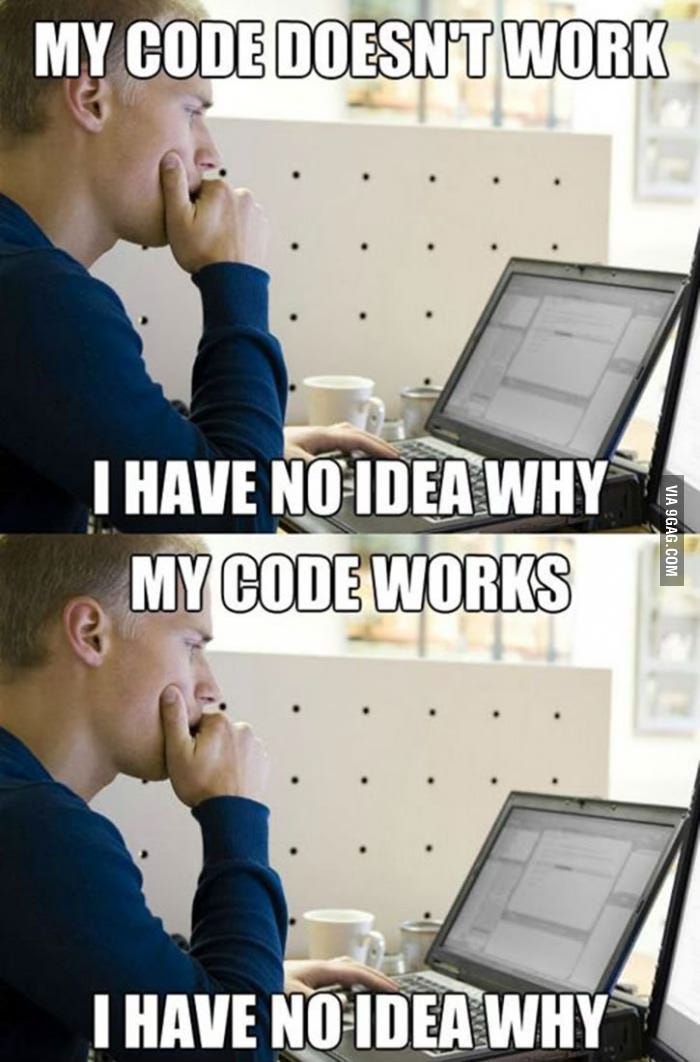Vibe Coding: On the Seduction and Risks of AI-Powered Development
The Feeling of Coding vs. the Act of Understanding
"Vibe coding" is the latest trend sweeping the tech industry. It's coding by feel—relying heavily on powerful AI-driven tools such as Cursor (a deeply integrated VSCode fork) and Cline (a more expensive but robust VSCode extension). Developers today proudly share benchmarks and stats from platforms like OpenRouter, which just last week saw token usage explode, underscoring how integral AI tools have become in daily coding routines.
In short, lots of people are trying and they love vibe coding. You type, hit Enter, and watch your codebase materialize. It's fast, it's seductive, and it feels incredibly productive.
But here's the catch—it's also a trap.
The Trap: Illusion vs. Reality
AI-generated code isn't inherently problematic. In fact, it’s impressively capable. What’s dangerous is its uncanny ability to fool you into thinking you're fully in control, when in reality, you're often just approving confident-sounding spaghetti code.
Tools like Cursor and Claude deliver functionality rapidly, but they lack genuine understanding. They replicate patterns they've seen but can't truly invent or innovate. As a result, you might find yourself stuck debugging code nobody truly understands—including the AI that wrote it.
Additionally, vibe coding can inadvertently introduce security vulnerabilities, as AI-generated code often neglects critical security considerations, potentially leaving applications exposed to breaches.
Grounded Approach: How to Use AI
Despite these risks, AI tools are undeniably powerful when used thoughtfully. In my experience, they're fantastic for:
Proof-of-concept work
Developing small components in unfamiliar languages
Understanding new concepts from existing codebases
The secret is to never fully outsource your critical thinking to AI. Every line of AI-generated code must pass rigorous review. You must understand the underlying logic, the potential pitfalls, and the architectural implications.
The introduction of these AI tools also signals a shift in what it means to be a software engineer. Specialization in a single domain like frontend or iOS is no longer sufficient. Developers need broader awareness—spanning APIs, backend infrastructure, networking, operating systems, and even hardware. AI demands greater breadth of knowledge, not less.
Programmers Are Not Going Anywhere
The recent attempted acquisition of Windsurf, a startup claiming "fully autonomous software development," is a prime example of why human developers remain relevant.
Instead, the reality is clear: AI tools are great copilots. They enhance your productivity but also heighten the need for judgment, responsibility, and comprehensive understanding across the tech stack.
Ultimately, vibe coding feels great, but only if you remember to keep your feet firmly planted on the ground—and your eyes wide open.


